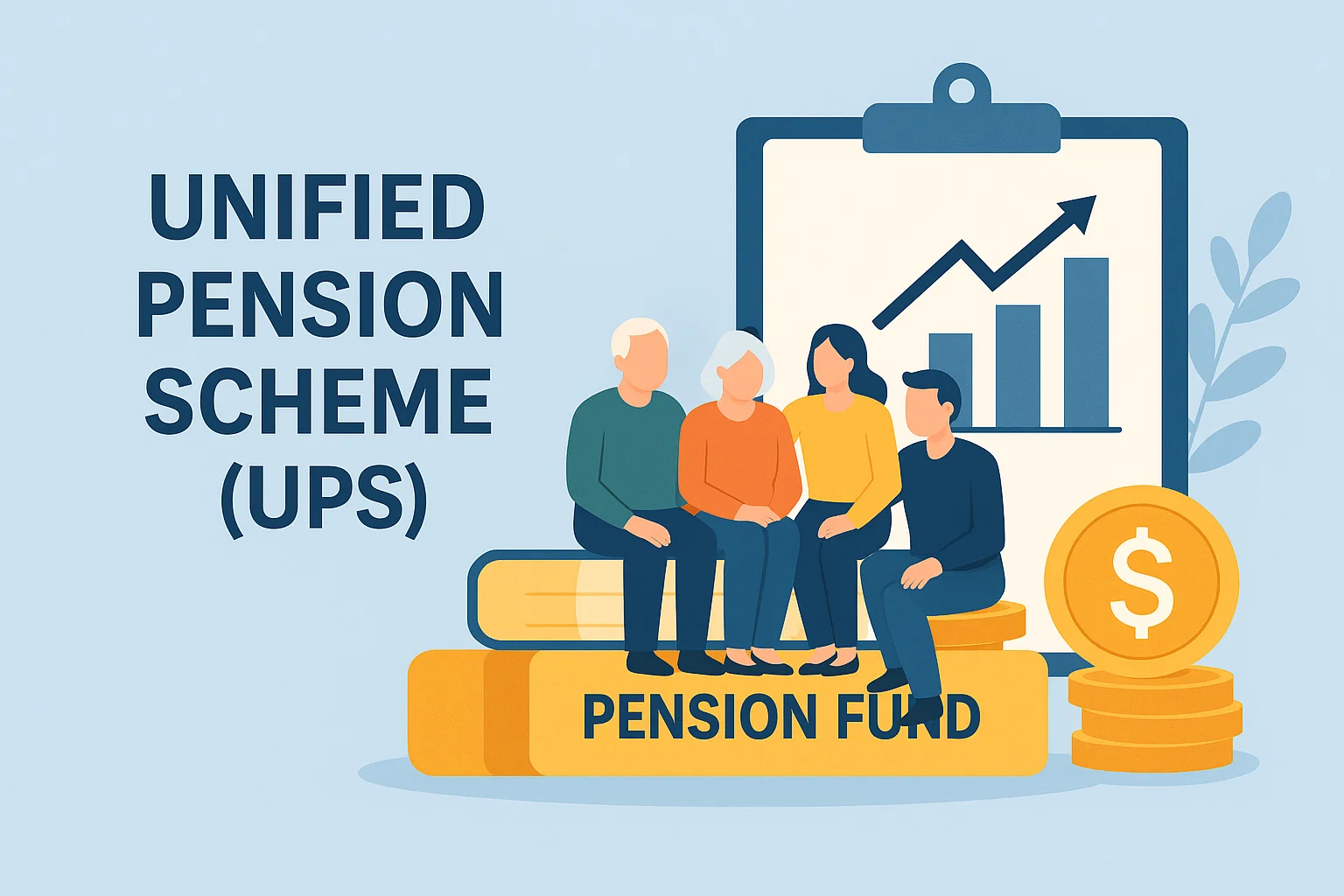Font size:
Print
Key Highways Under PM E-Drive Scheme
Context: The Ministry of Heavy Industries has identified a set of key national highways to be prioritised for the rollout of electric vehicle (EV) infrastructure, supporting the intercity movement of electric trucks and buses.
More on News
- These include major routes such as Delhi-Chandigarh, Delhi-Jaipur, Pune-Aurangabad, Chennai-Bengaluru, and Indore-Bhopal, among others.
- These corridors will be equipped with EV charging stations on a priority basis, aligning with the broader objectives of the PM E-Drive scheme, which focuses on accelerating EV adoption across the country.
- The scheme involves a joint effort by the ministries of heavy industries and road transport and highways, in coordination with other stakeholders, to identify strategic routes for EV infrastructure deployment.
About PM E-DRIVE
- The PM Electric Drive Revolution in Innovative Vehicle Enhancement (PM E-DRIVE) Scheme is an initiative launched by the Ministry of Heavy Industries, Government of India, to accelerate the adoption of electric vehicles (EVs) and establish essential infrastructure for EVs across the country.
- The scheme was officially notified on September 29, 2024, and is effective from October 1, 2024, to March 31, 2026.
- The scheme aims to support: 24.79 lakh e-2Ws, 1.10 lakh e-rickshaws/e-carts, 2.05 lakh e-3Ws, 14,028 e-buses.
- Additionally, it plans to install 88,500 charging stations across the country.
- EVs purchased by government departments are not eligible for demand incentives to prevent fund transfers within government bodies.
Key Objectives:
- Promote EV Adoption: Encourage the transition to EVs by providing upfront financial incentives for their purchase.
- Develop Charging Infrastructure: Facilitate the installation of charging stations nationwide to support EV usage.
- Reduce Environmental Impact: Mitigate transportation-related pollution and improve air quality.
- Boost Domestic Manufacturing: Strengthen the EV manufacturing ecosystem through a phased manufacturing program (PMP), aligning with the Aatmanirbhar Bharat initiative.
Scope and Eligible Categories: The scheme supports various EV categories:
- e-2 Wheelers (e-2Ws): Includes private and commercial vehicles.
- e-3 Wheelers (e-3Ws): Covers registered e-rickshaws, e-carts, and L5 category vehicles.
- e-Ambulances: Beneficiaries to be decided in consultation with the Ministry of Health and Family Welfare.
- e-Trucks and e-Buses: Focus on public transportation systems.
- Charging Infrastructure: Installation of fast chargers for different vehicle types.
- Testing Agencies: Upgrading facilities for EV testing.
Financial Outlay: The scheme has a total budget of ₹10,900 crore allocated for:
- Subsidies and demand incentives worth ₹3,679 crore for EV purchases.
- Deployment of e-buses (₹4,391 crore) and e-ambulances (₹500 crore).
- Establishment of charging stations with ₹2,000 crore earmarked.
- Upgradation of testing agencies with ₹780 crore.
Demand Incentives: Incentives are provided based on battery capacity:
- ₹5,000 per kWh for FY 2024–25.
- ₹2,500 per kWh for FY 2025–26.
- These are capped at 15% of the ex-factory price or a maximum per vehicle threshold.


